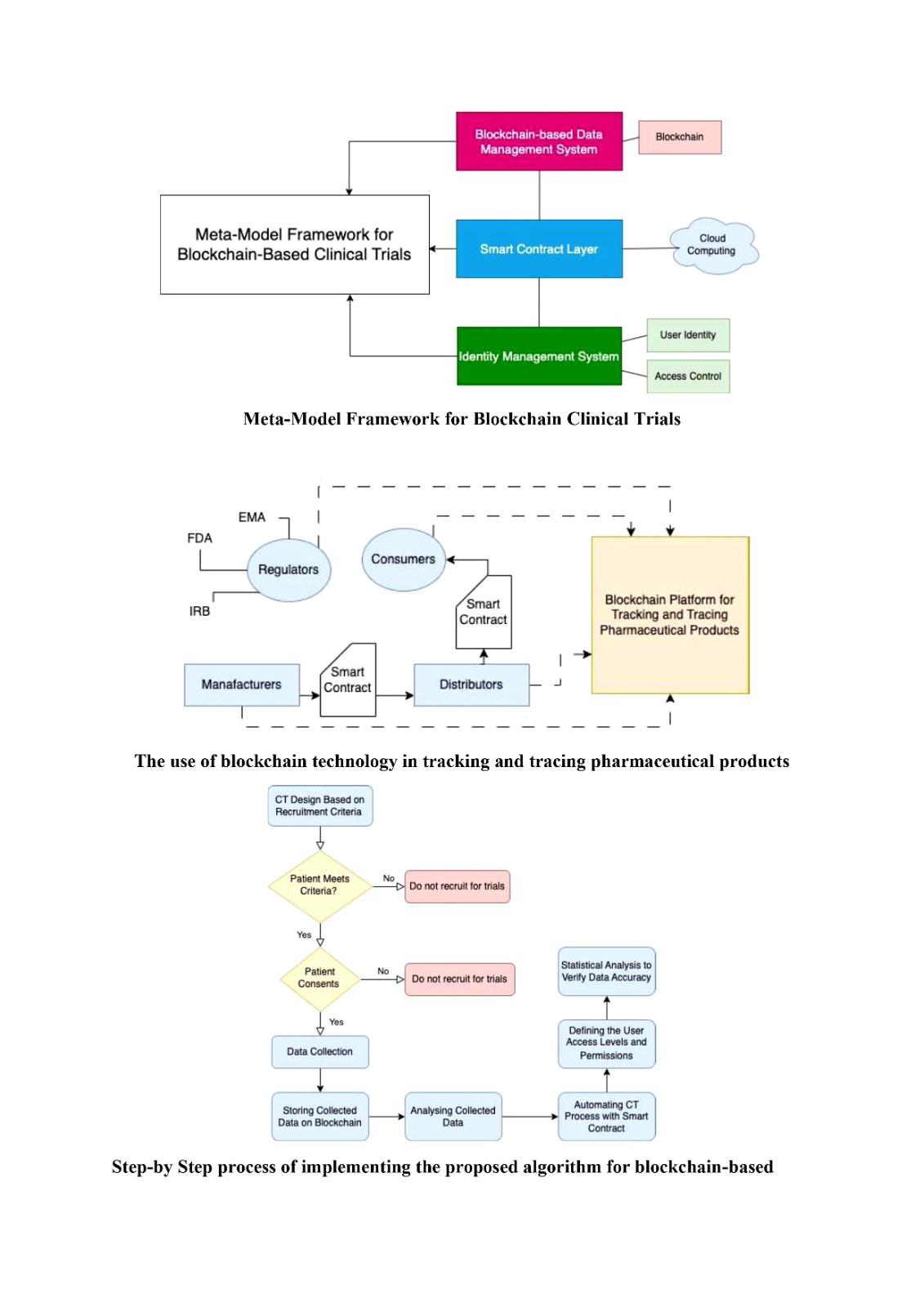
TraceShield: Navigating Blockchain’s Fortified Path to Secure Traceability
In the dynamic landscape of supply chain management, the integration of blockchain technology introduces TraceShield, a solution designed to provide secure traceability. This innovation not only addresses the challenges of traditional traceability but also establishes a robust framework for transparency, accountability, and trust.
Blockchain’s Role in Secure Traceability
At the heart of secure traceability lies the foundational technology of blockchain. Unlike traditional databases, a blockchain is a decentralized and distributed ledger that ensures tamper-resistant records. Each transaction or event in the supply chain is securely recorded in a block, linked to the previous one, forming an unalterable chain. This structure enhances the reliability of traceability data, providing an immutable history of the product’s journey.
Immutable Records: Building Trust in the Supply Chain
The immutability of blockchain records is a game-changer for building trust in the supply chain. With TraceShield, each step in the product’s lifecycle is recorded in a way that cannot be altered or manipulated. This tamper-proof nature ensures the integrity of traceability data, instilling confidence in consumers, stakeholders, and regulatory bodies.
Enhanced Transparency for Stakeholders
Secure traceability on the blockchain brings a new level of transparency to the supply chain. Stakeholders, ranging from manufacturers to consumers, can access real-time information about the product’s origin, manufacturing processes, and distribution journey. This transparency fosters accountability, as every participant in the supply chain is held to a visible and standardized set of information.
Smart Contracts Automating Traceability Processes
Smart contracts play a crucial role in automating traceability processes within the supply chain. These self-executing contracts are programmed to trigger actions when predefined conditions are met. In the context of TraceShield, smart contracts automate the recording of events, ensuring that traceability data is systematically updated as the product moves through various stages of the supply chain.
Real-Time Tracking and Rapid Response
Secure traceability on the blockchain enables real-time tracking of products. This capability is particularly valuable in scenarios where quick response to issues such as recalls or disruptions is critical. The ability to trace the journey of products instantaneously allows for prompt decision-making, reducing the impact of unforeseen challenges.
Data Encryption and Privacy Measures
TraceShield prioritizes data encryption and privacy measures to protect sensitive information within the supply chain. While blockchain’s ledger is transparent, encryption ensures that certain details are accessible only to authorized parties. This balance between transparency and privacy safeguards proprietary information and maintains the confidentiality of traceability data.
Challenges and Solutions in Implementation
Implementing secure traceability on the blockchain is not without its challenges. Issues such as interoperability, scalability, and the integration of existing systems require careful consideration. Collaborative efforts within industries and technological advancements are instrumental in overcoming these challenges and ensuring the seamless adoption of TraceShield.
The Role of Regulatory Compliance
TraceShield aligns with regulatory compliance requirements by providing a transparent and auditable record of the supply chain. Meeting regulatory standards is essential in industries where adherence to guidelines is mandatory. Secure traceability not only streamlines compliance but also


